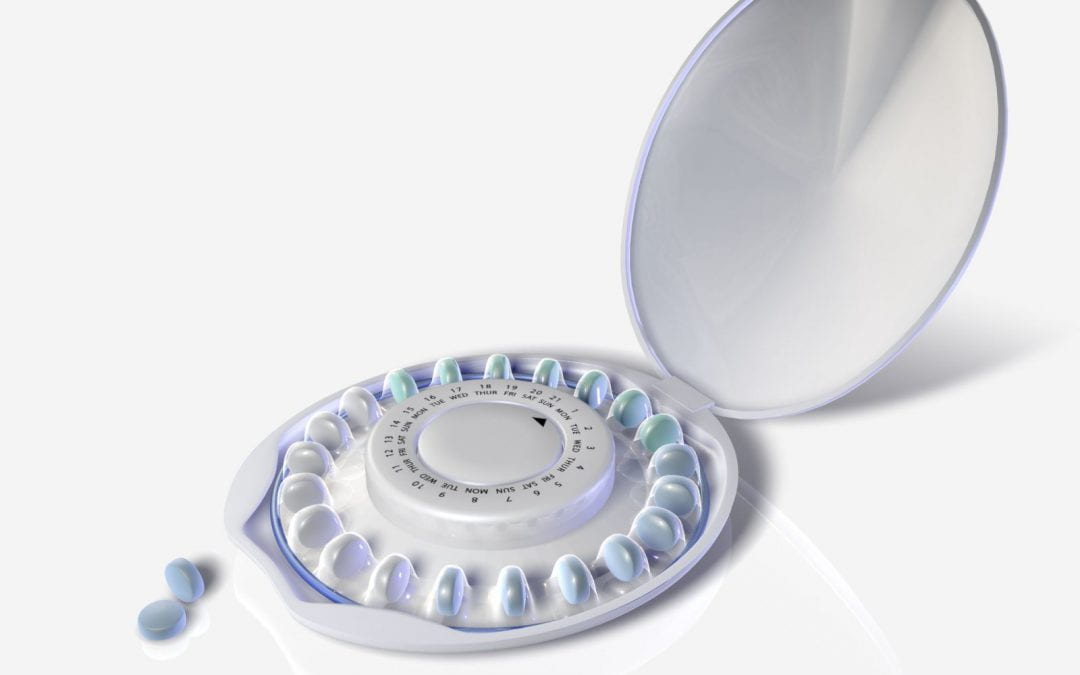There are many variables in a person’s life that affect their mental health. Some variables cause short-term depression and anxiety, which can be amplified by stress-inducers like due dates, lack of physical exercise, socioemotional issues, changes in weather, familial issues, and more. The only ways to subdue depression caused by these issues are to resolve the issue itself, or seek psychiatric help, which may include medication that regulates levels of neurotransmitters.
Past trauma is another potential inducer of depression. Anything like a car accident or verbal/physical abuse at any point in one’s life can cause depression, and some people are more genetically susceptible to have depression than others. It’s not likely to pass down depression specifically through lineage, but certain disorders and other mental health issues that cause depression as a symptom can be passed down.
Hormonal depression is caused by changes in hormone production or hormonal imbalance. Hormone production often changes in women when they go through the menstrual cycles, menopause, or pregnancy. There have been few, if any, studies that suggest birth control is a legitimate cure for depression, however, it can sometimes help temporarily reduce depression caused by hormonal imbalance. So, if a woman is experiencing depression due to hormonal imbalance, then birth control can be a potential solution.
This is the main reason why sexually-inactive teens take birth control regularly. Normally the first time a woman gets her period is the first time she experiences depression or anxiety, which is what has led researchers to suggest the correlation between menstruation and mental health. A quick fix for some teenagers seems to be birth control, however, if they’ve experienced trauma or are genetically prone to having depression, birth control is not a viable solution. In general, therapy is the best solution for depression, along with antidepressant medications. Therapy not only helps a patient work through issues with a trusted adult, but it also gives them a way to manage their depression when it consumes them. The epidemic of depression and other mental health disorders is one with countless factors, but it is crucial that psychiatric, pediatric, and gynecologic researchers continue to narrow in on depression related to teenagers’ menstrual cycle, for birth control should not have to be the new normal for treating depression.
National Suicide Prevention Lifeline: 1-800-273-8255
Bibliography
Ray, L. (2020, April 8). How different types of hormonal birth control affect your mental health (S. Toler, Ed.). Clue. https://helloclue.com/articles/birth-control/how-different-types-of-hormonal-birth-control-affect-your-mental-health
Skovlund, C. W., Mørch, L. S., Kessing, L. V., & Lidegaard, Ø. (2016). Association of hormonal contraception with depression. JAMA. Retrieved March 18, 2021, from https://jamanetwork.com/journals/jamapsychiatry/fullarticle/2552796
Tello, M. (2016, October 17). Can hormonal birth control trigger depression? Harvard Health Publishing: Harvard Medical School. https://www.health.harvard.edu/blog/can-hormonal-birth-control-trigger-depression-2016101710514

